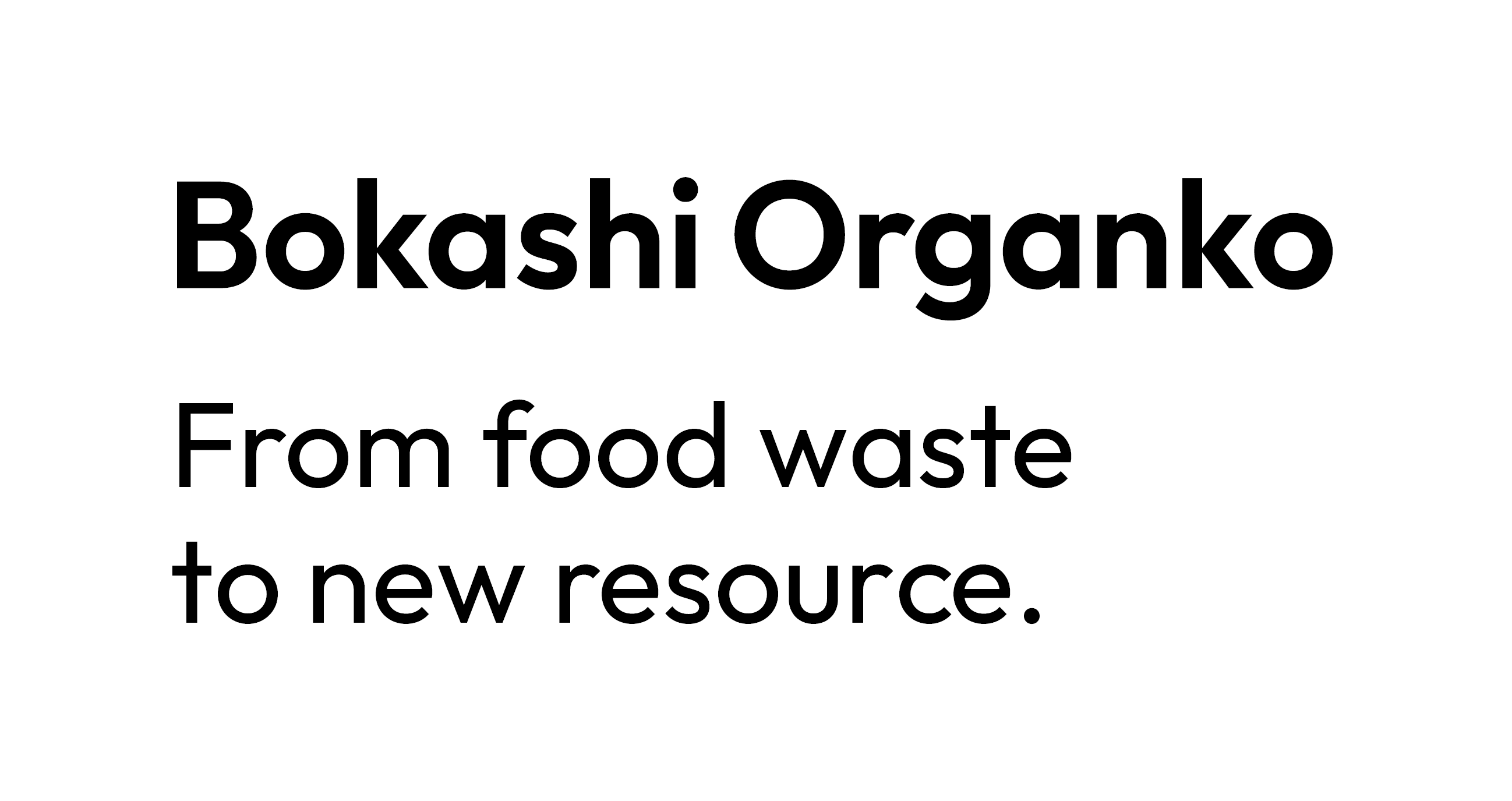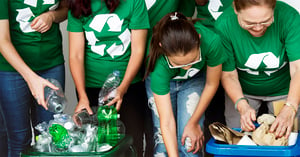If you've been reading our blog, you know that poor food waste management is a huge issue. Sure, the cause lies in the absurd amount of food being wasted in the first place. Hence, we must all do our best to minimize food waste as much as possible. However, it will take time to do so on a larger scale. Plus, given the fact that vegetables and fruits are two of the healthiest food groups, there will always be a non-neglectable amount of organic waste involved throughout our society. Thus, implementing proper food waste management is the only way to ensure that we repurpose organic waste instead of letting it have a harmful and burdening impact on our environment.
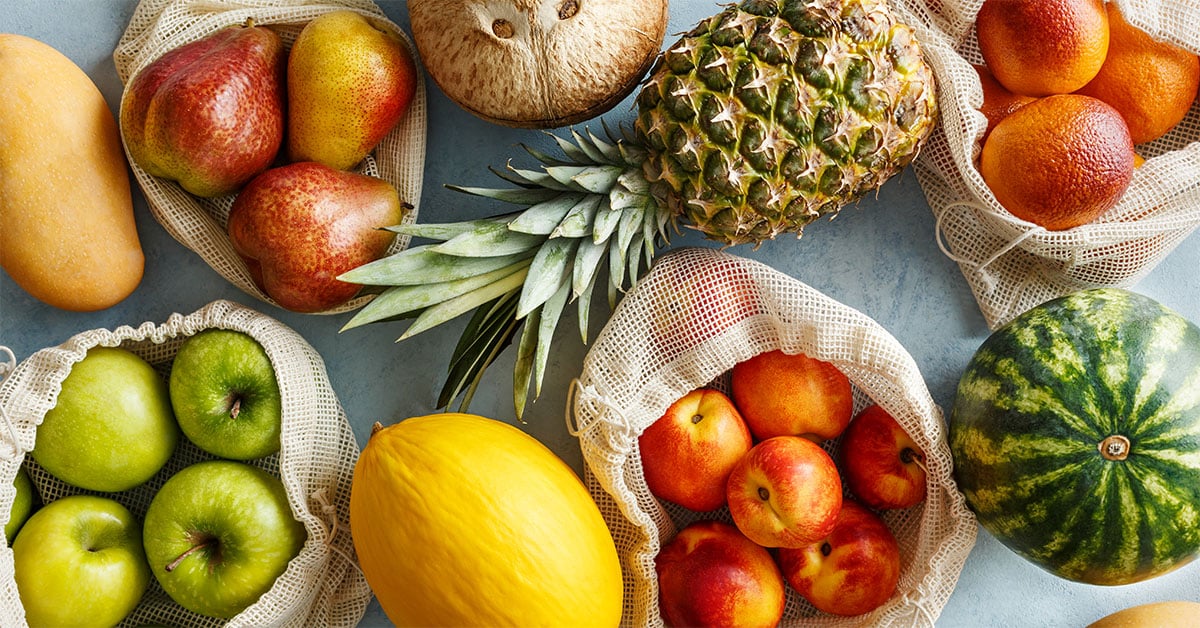
Moreover, it's worth pointing out that households continue to be the leading producer of food waste. Thus, this is a topic where we all must take responsibility and do the right thing. However, unfortunately, only about 20 % of people tend to change their waste-collecting habits solely based on being adequately informed. The remaining 80 % need a stronger push or incentives. And, since several Scandinavian studies determined these numbers, we can expect an ever lower percentage of people to implement proper food waste management just by being informed in other countries. After all, Scandinavians tend to be above-averagely environmentally conscious. Luckily, proper laws and related penalties can help move things along. And, when it comes to food waste management, Europe's new laws for the separate collection of waste might just be the nudge people need.
Food waste management boost: Europe's new laws
Only time will tell if new Europe's laws regarding food waste management will make as huge of a positive impact as we hope. However, given the above statistics, the chances of that happening are pretty high. But what exactly are these new laws about?
Thanks to a neat brief provided by the European Environmental Bureau (EEB), we can see what exactly we can expect from the EU's revised laws. For one, it's worth pointing out that these laws focus on all types of household waste. They aim to improve how household waste is sorted and collected for recycling. However, these laws bring the most transformative changes when collecting different materials, such as textiles, hazardous materials, and organic waste. The latter includes food waste; in fact, food waste represents the majority of organic waste. Of course, these laws come as an addition to the existing laws mandating the separate collection of plastics, glass, paper, metals, and waste oils.
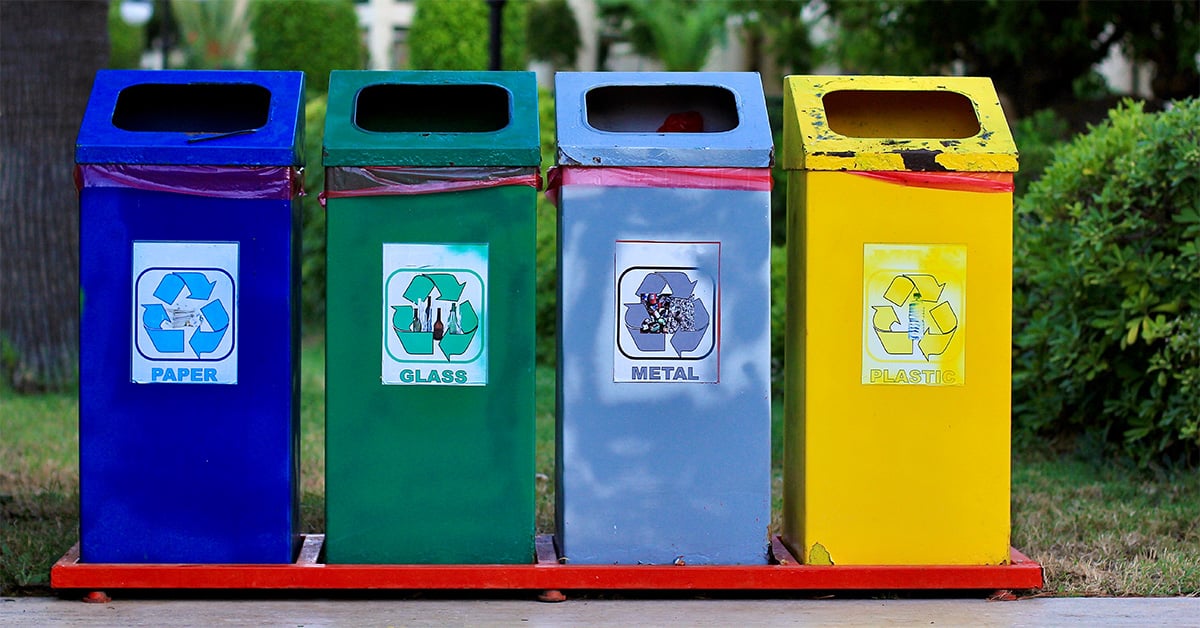
These laws are based on the fact that separating different types of waste at the source is the first step towards high-quality recycling. Furthermore, also note that the obligation to separately collect Municipal Solid Waste (MSW) from households as well as public and private establishments are set out under Article 10 (2) [WFD].
The timeline that significantly impacts food waste management
Some parts of these updated laws are already in effect. For instance, since 5 July 2020, countries have no longer been allowed to burn or landfill separately collected waste. However, as far as proper food waste management goes, the critical dates are yet to come.
Undoubtedly the most impactful date will be 31 December 2023. This is when the obligatory separate collection of biowaste is set to start its effect. Moreover, this date also marks the beginning of the prohibition of burning or landfilling biowaste.
Nonetheless, 2027 will further reinforce proper food waste management. This is when countries will no longer be allowed to report biowaste as recycling unless it comes from separately collected waste. Hence, at that time, the Mechanical Biological Treatment (MBT) will no longer count toward recycling targets.
Furthermore, the new Europe law affecting food waste management clearly states that the efficient separate collection of biowaste is the critical step governments can take to improve the overall separation and collection of waste. After all, this reinforcement can help avoid cross-contamination with other waste streams, ensure quality compost and recycling, divert waste from dumpsites, and reduce methane emissions - all of which we've been preaching about like crazy here at Skaza for quite a while now.
Get ready to be compliant with new food waste management laws
Why are we so vocal here at Skaza? Because we have the solution for proper food waste management. The latter comes from bokashi composters, which can be used in every kitchen. And these types of indoor composters are the most environmentally- and user-friendly food waste management solutions.
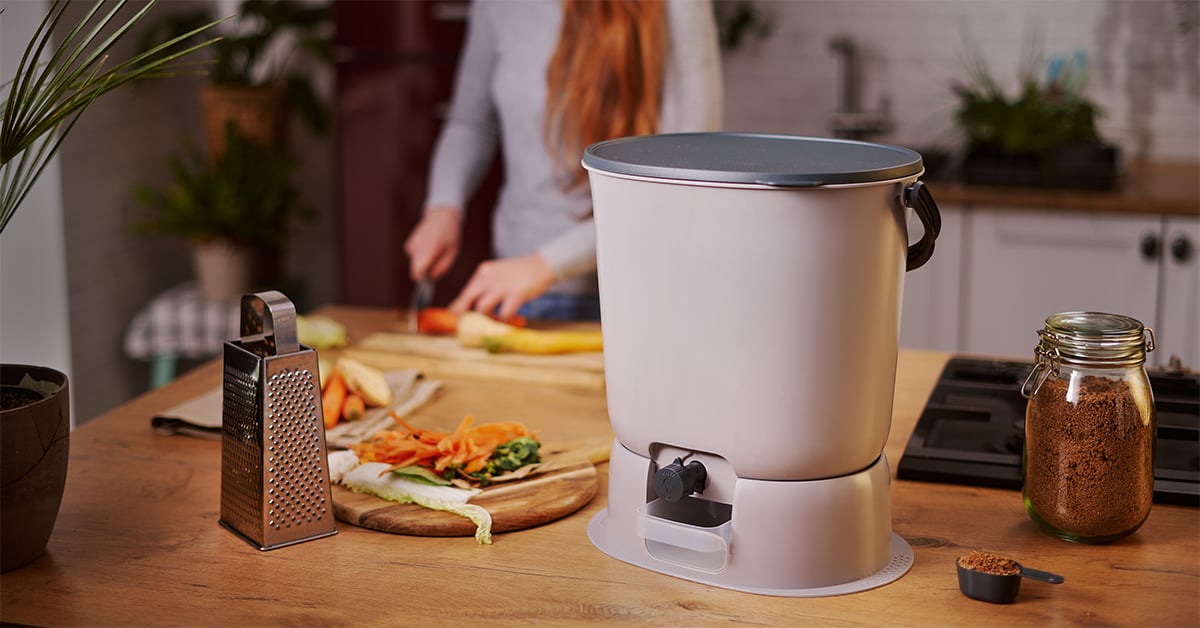
If you're not yet familiar with bokashi composting, make sure to enroll in our free Bokashi Academy, where you can learn how to properly collect, process, and use your kitchen waste. By doing so, you'll be ready for the inevitable change that the above-presented new Europe's waste laws will bring very soon.

